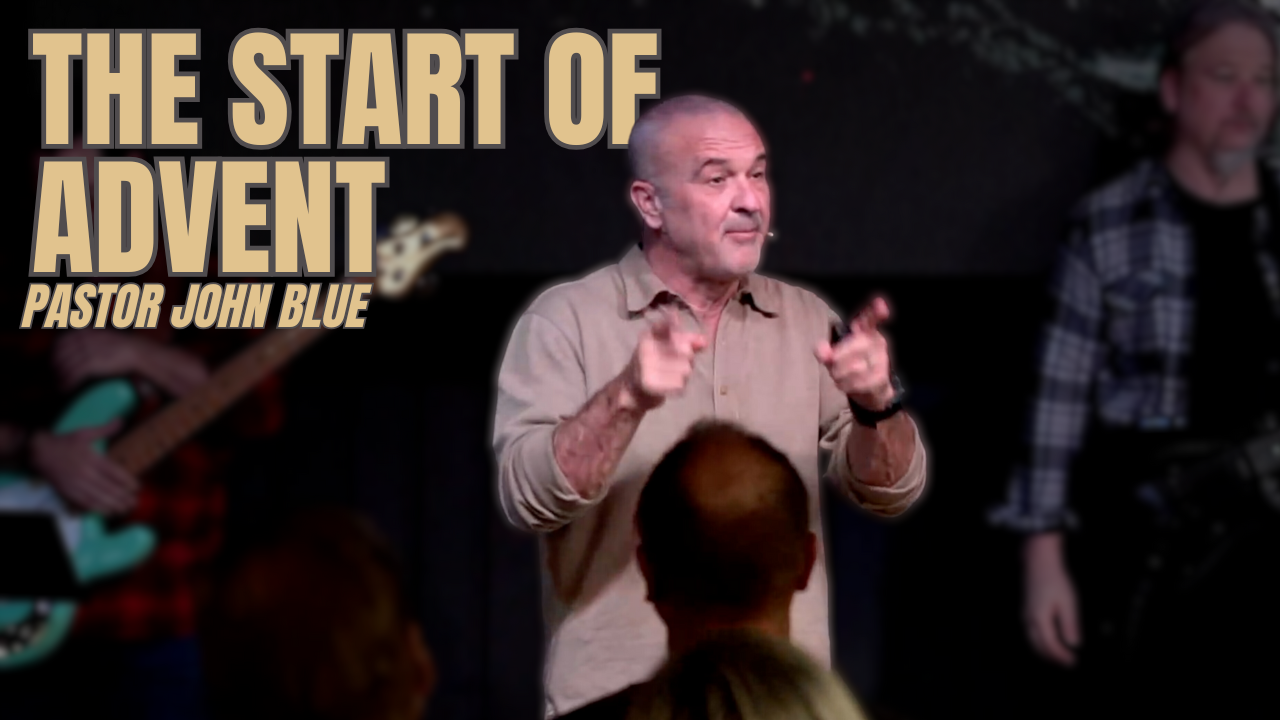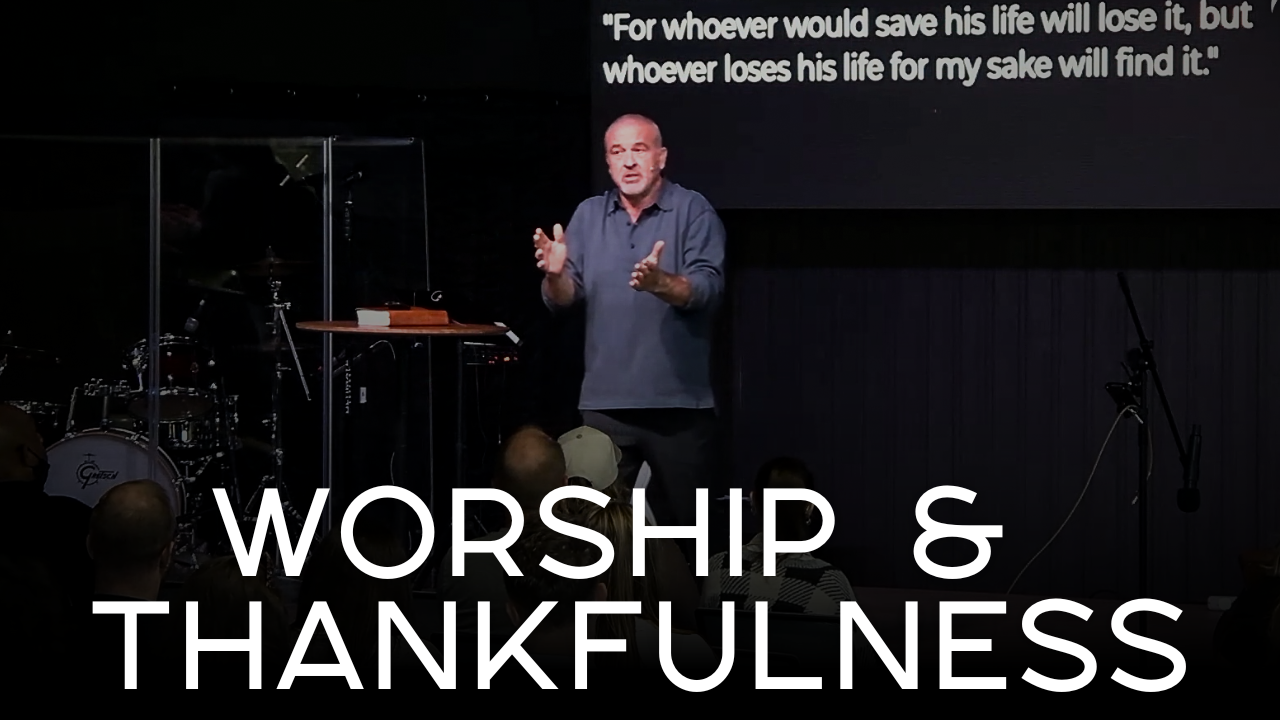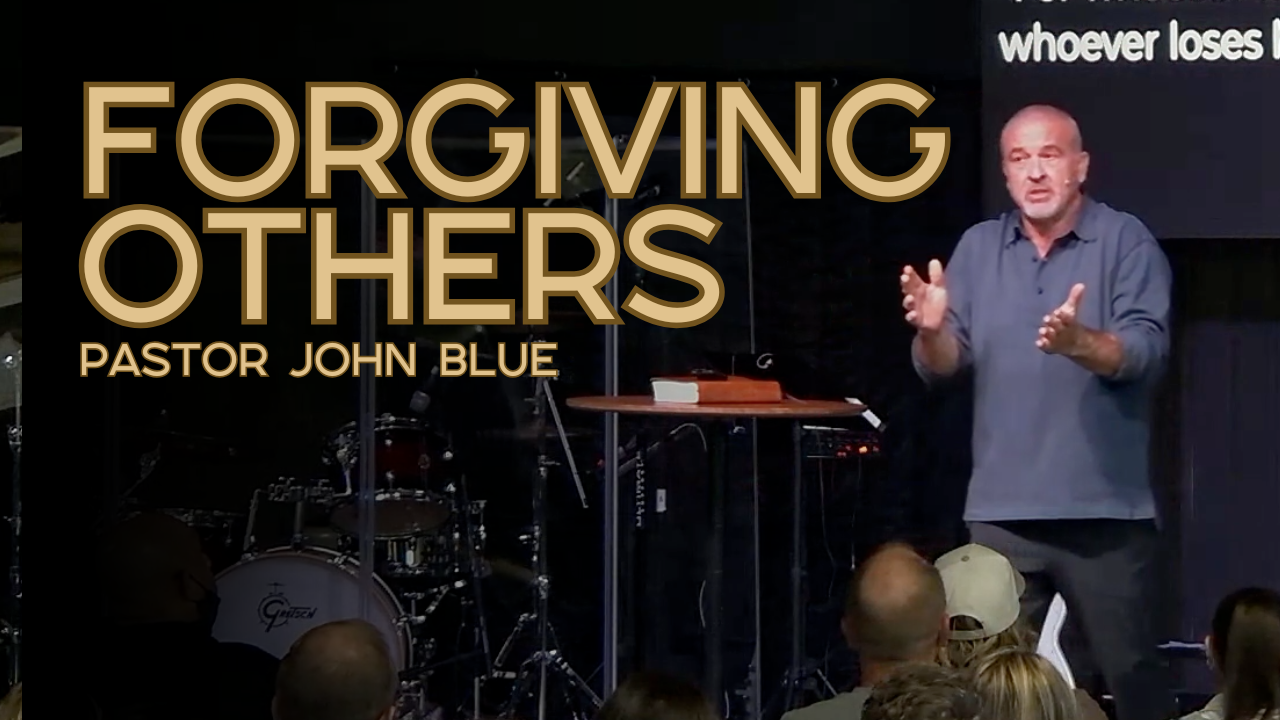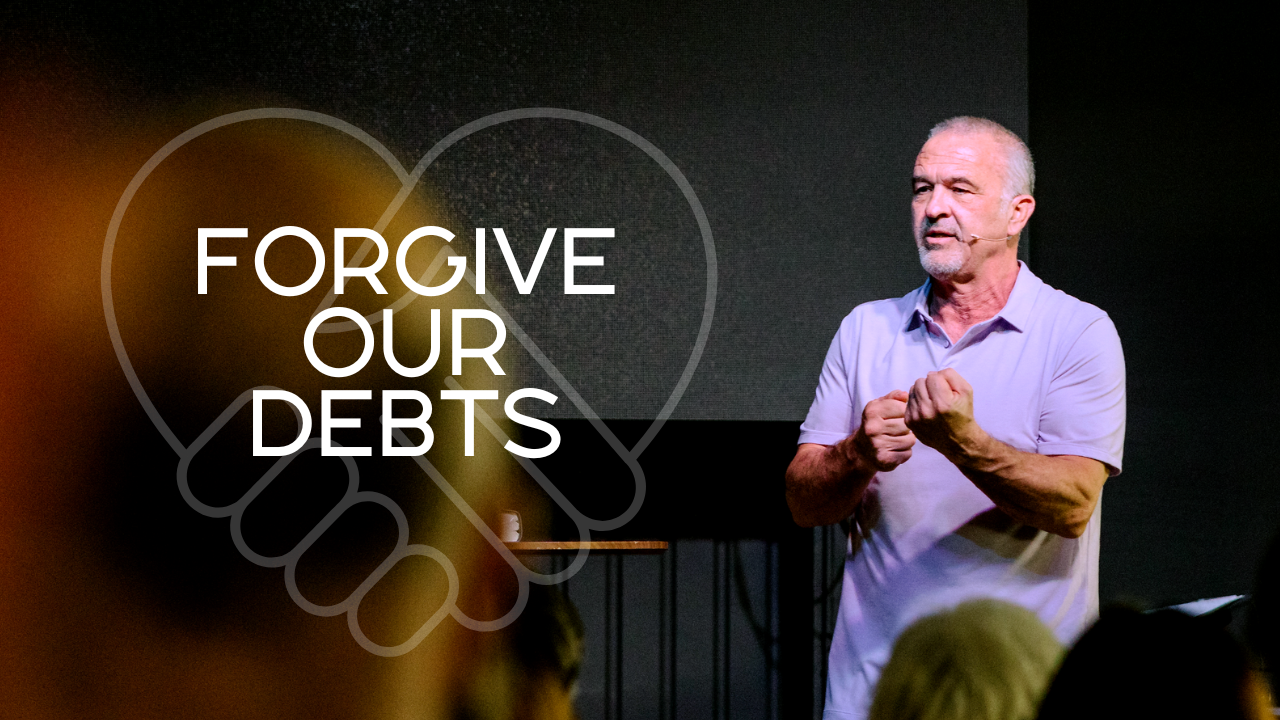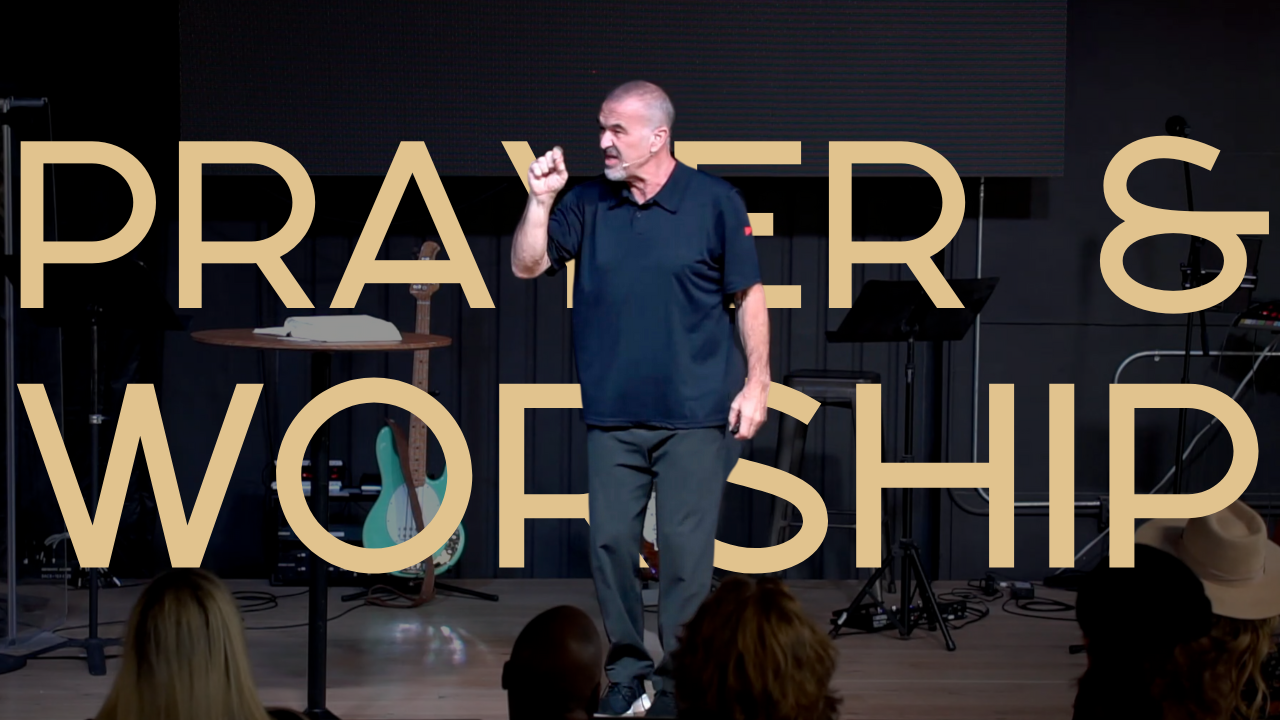
Vision 2025: Prayer & Worship (Part 4)
Explore Pacific Point Church's 2025 vision with Pastor John Blue as he delves into our mission to love and live like Jesus, deepen relationships, and bring hope to our community through the power of the Holy Spirit.

Vision 2025: Prayer & Worship (Part 3)
Explore Pacific Point Church's 2025 vision with Pastor John Blue as he delves into our mission to love and live like Jesus, deepen relationships, and bring hope to our community through the power of the Holy Spirit.

Vision 2025: Prayer & Worship (Part 2)
Explore Pacific Point Church's 2025 vision with Pastor John Blue as he delves into our mission to love and live like Jesus, deepen relationships, and bring hope to our community through the power of the Holy Spirit.
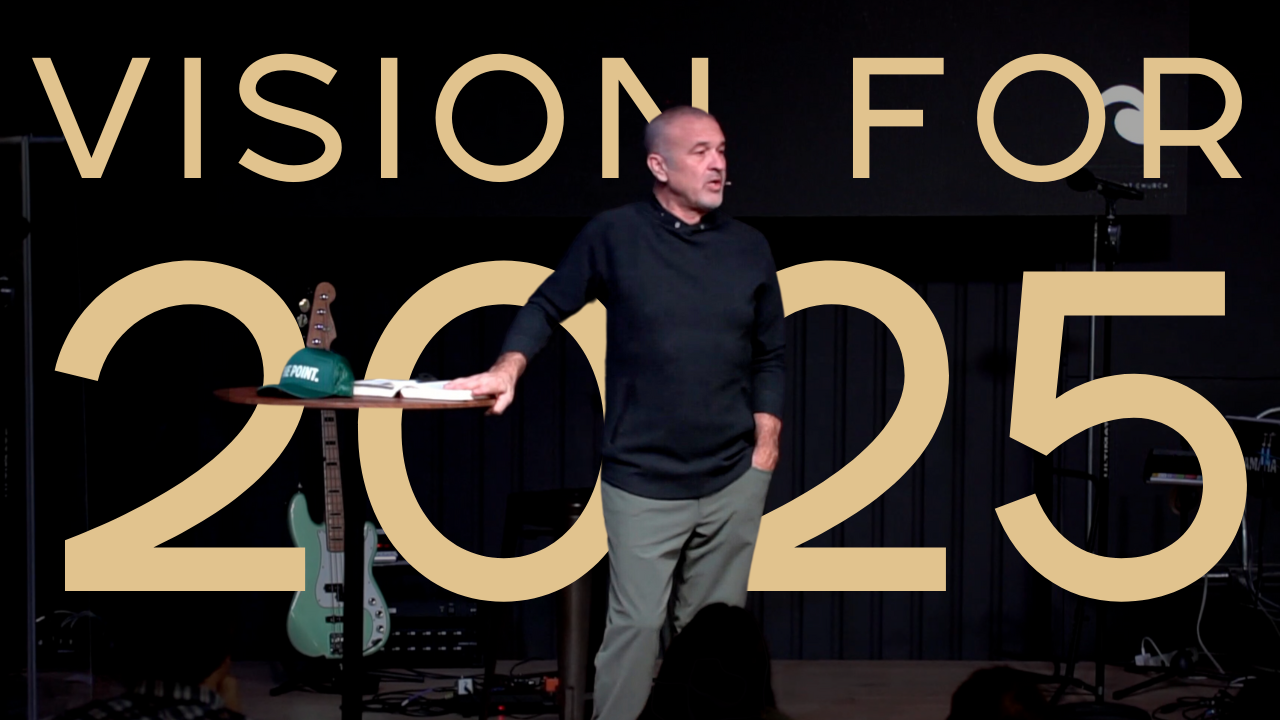
Vision 2025: Prayer & Worship (Part 1)
Explore Pacific Point Church's 2025 vision with Pastor John Blue as he delves into our mission to love and live like Jesus, deepen relationships, and bring hope to our community through the power of the Holy Spirit.
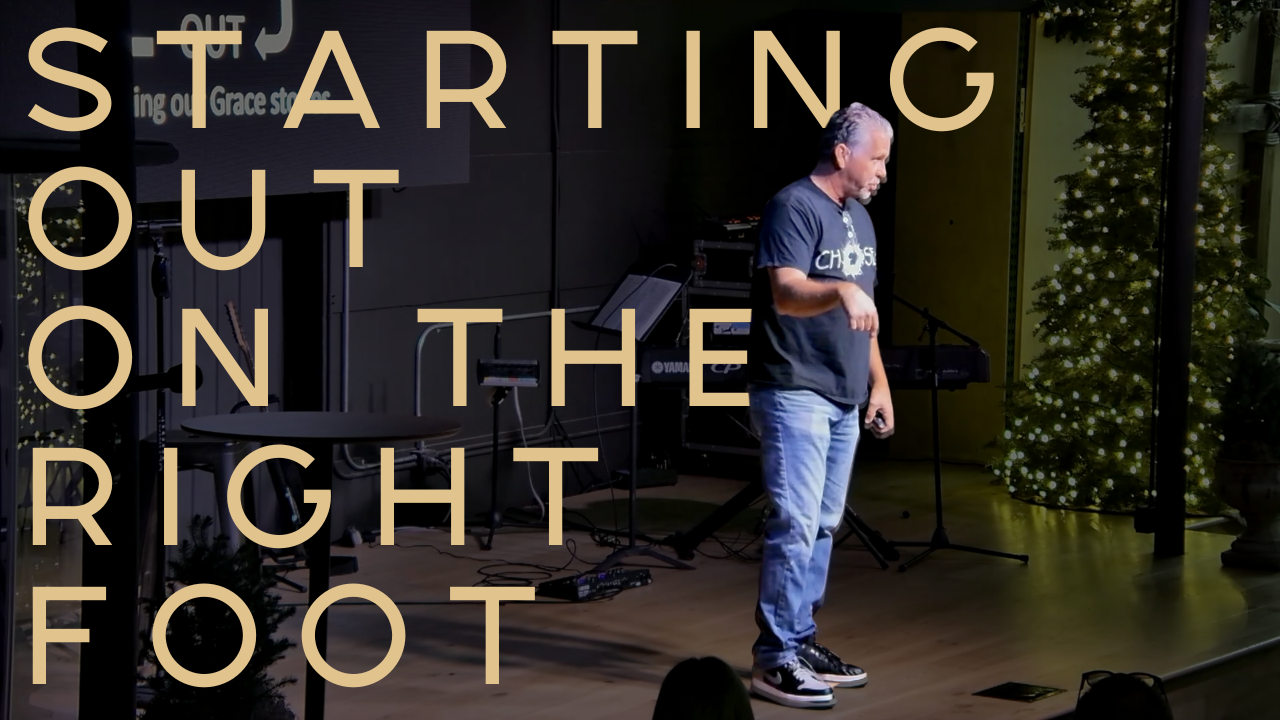

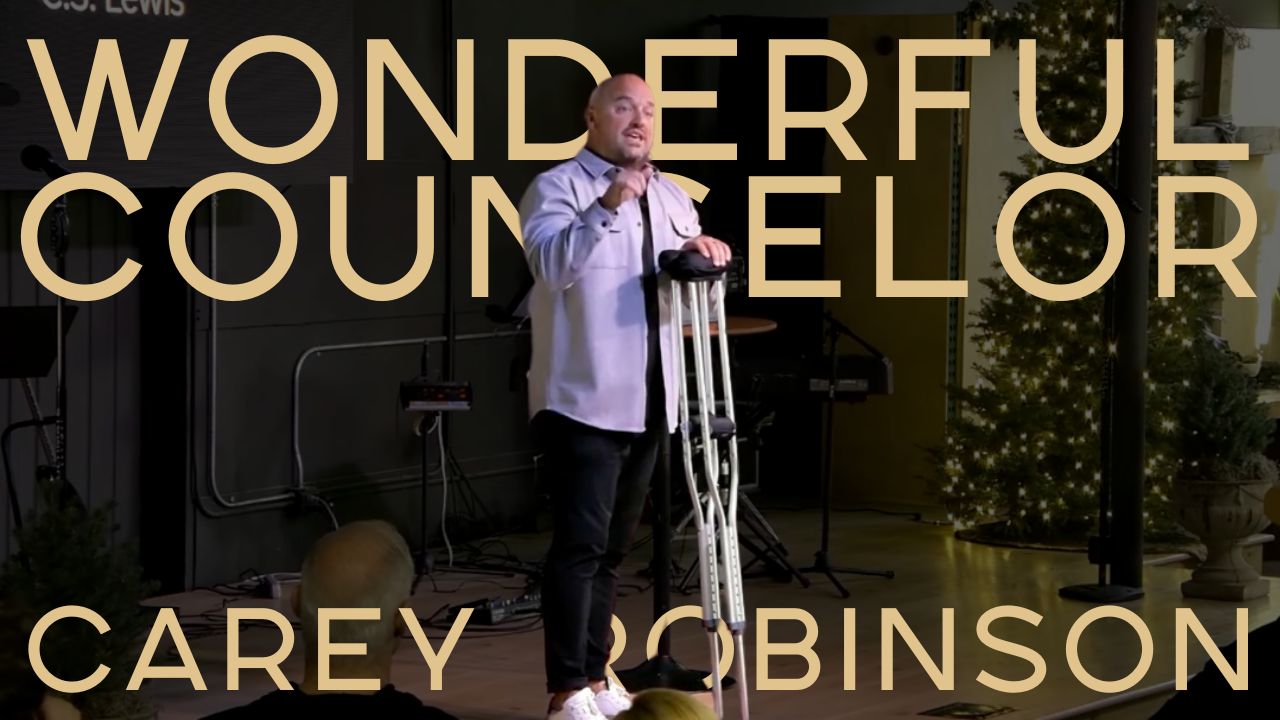

Advent: Hope, Peace, Joy & Love
Advent is a season of reflection, preparation, and celebration of Christ’s arrival. Explore how the four themes of Advent—Hope, Peace, Joy, and Love—can transform your heart and mind this Christmas season.
